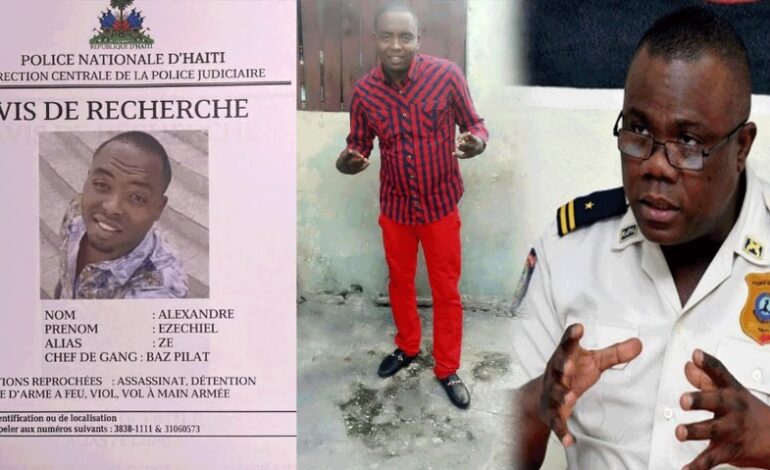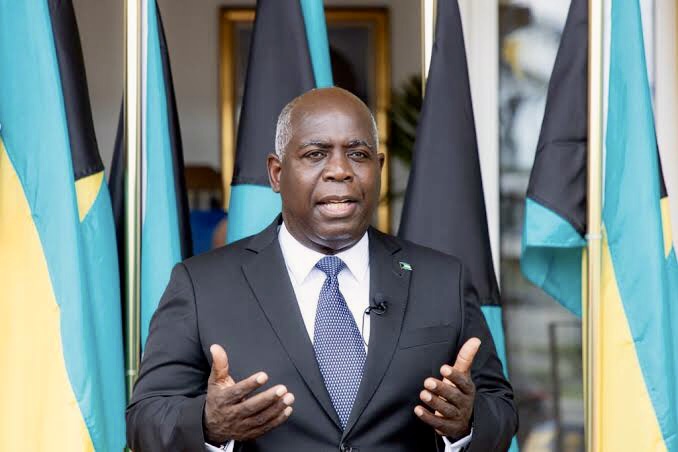
Avellon Williams
BAHAMAS- To help deal with the impact of the significant rise in energy prices on the global market, the Bahamas’ Prime Minister, Phillip Davis, joined his Antigua & Barbuda counterpart Gaston Browne in calling on the United States to lift its embargo that prevents Venezuela from exporting its oil and energy products.
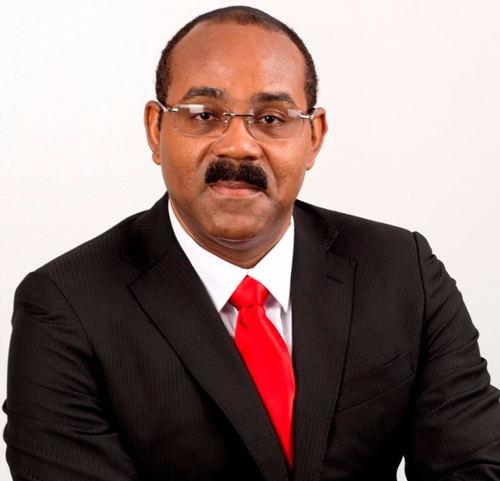
“Once the valve is released for Venezuela to provide the fuel we will see a very significant downward trend on the cost of fuel,” Davis told reporters.
He noted that small island developing states like The Bahamas have pushed for the lifting of Venezuela’s sanctions at both the CHOGM in Rwanda and Summit of the Americas in Los Angeles.
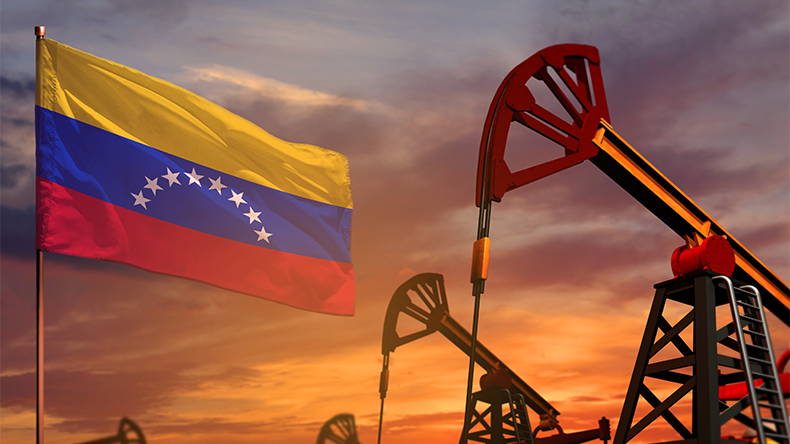
According to Davis, the rise in fuel prices is due to more factors than the Russian invasion of Ukraine, and sanctions against Venezuela have made a significant impact on the rising cost of fuel.
In response to the US trade embargo placed on Venezuela, Prime Minister Browne called on Caricom leaders to approach Caracas to seek assistance with rising energy costs.
According to Browne, sanctions by Washington against South American countries are negatively impacting the wider region, and he is unconcerned about the consequences of defying US threats against those who deal with Venezuela.
As a result of the sanctions, the Venezuelan government is restricted from accessing US debt and equity markets. PDVSA, the state-run oil company, is also included.
ADDITIONAL SANCTIONS
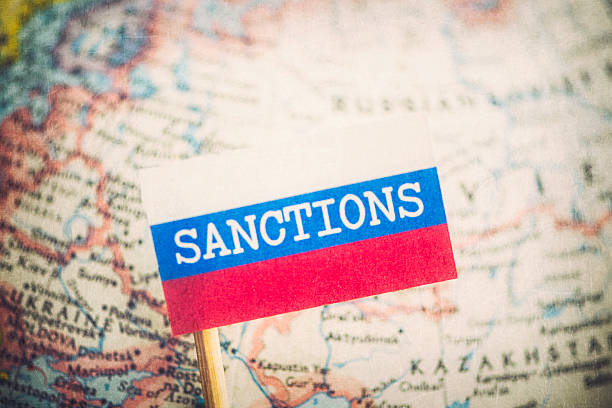
In August 2019, President Donald Trump imposed additional sanctions on Venezuela, freezing all Venezuelan government assets in the United States and prohibiting transactions with US citizens and companies.
According to Browne, Venezuela’s PetroCaribe initiative, in place since 2005, could facilitate the region’s coping with the current situation given escalating oil prices.
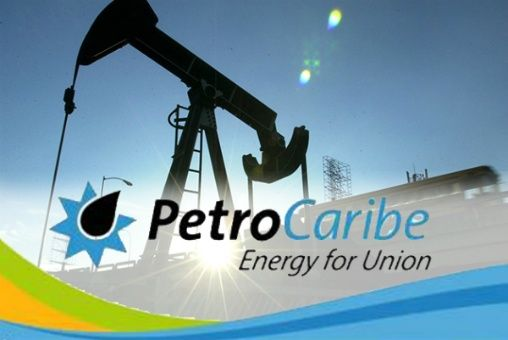
This initiative was launched by the late Venezuelan President under the PetroCaribe energy initiative. Under Hugo Chávez, Venezuela offered crude oil to countries in the Caribbean in 2005 at discounted prices.
Each country paid for a portion of the oil within 90 days, depending on world oil prices, and the remainder was paid over 25 years at one percent interest. The provision of goods or services may also offset some of the cost.
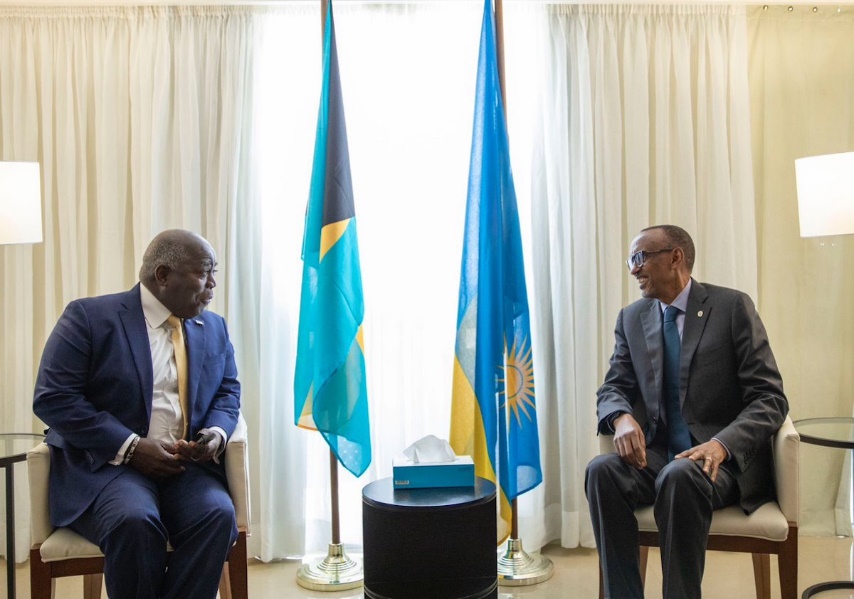
On returning from Rwanda, where he attended the CHOGM, Prime Minister Davis told reporters that “as you would have heard my earlier talk about the energy crisis and what we’re doing as small island developing states, we’re trying to get the United States and the industrialized world to lift sanctions, especially on Venezuela, which is now in effect.”
“Adding, we hope that would be an important step towards reducing the cost of fuel for Bahamas residents.”
“In relation to our meetings with the petroleum dealers, we did make some moves during the budget exercise, particularly to assist Family Island dealers, and we are still deciding what else we can do, as most of the fuel costs are beyond our control,” he added.
INDUSTRIALISED WORLD
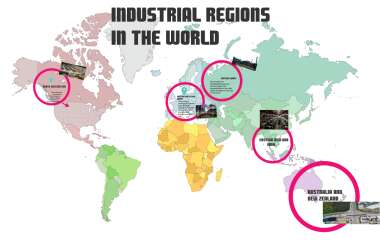
“Our control and what I have been doing is letting our voices be heard about some of the initiatives and policies in some industrialised countries that are leading to the increase in oil prices. Apart from the invasion of Ukraine, we have also faced other issues like the sanctions on Venezuela that have impacted the cost of fuel.”
“As a result, we have been agitating for the lifting of those sanctions. In regards to that, we’ve had two major meetings – one at the Summit of the Americas in Los Angeles a few weeks ago and one at the CHOGM now, which Canada and the UK attended,” Davis told reporters.
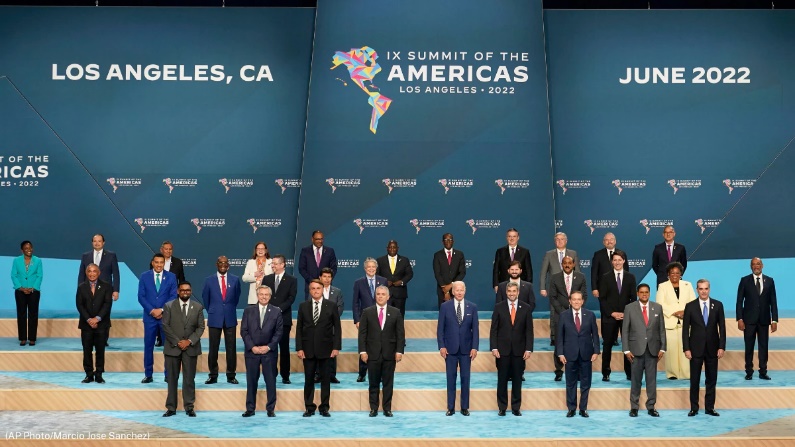
Prime Minister Davis commented on the possibility of an increase in electricity bills due to an adjustment in the fuel surcharge announced by Belize Electricity Limited. He attributed the increase to the sanctions against Venezuela again.
“We are looking at ways and means. In fact, both at the Summit of the Americas and at CHOGM, the issue of energy security loomed very largely in our discussions.
“So, for example, SIDS was concerned about sanctions placed on Venezuela, and now there are movements to lift the sanctions so that Venezuelan oil and other related products can now be exported from Venezuela. In that regard, our voices are being heard.”
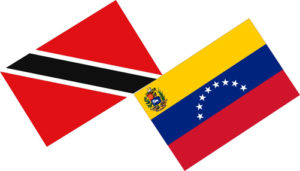
“Trinidad, for example, they have a reserve of gas which was being stagnated because of the relationship they have with Venezuela. With respect to that, we have made strong representations to the US to lift the sanctions, and we hope to see it happen as soon as possible.
“So, if our efforts to remove the other pressures that feed into the increasing the cost of fuel, if those are released as we expect them to, then there will be no need for us to consider raising any further bills on the backs of Bahamians but these are some of the things that we do when we travel,” the Bahamas PM said.
He said that since the Summit of the Americas, the Americans have allowed Venezuela to export to the European Union.
“Our next step is to deal with our situation in the Caribbean, and hopefully, we can just follow through. It will be discussed this weekend in Suriname. Energy security is high on the agenda, he said.”


